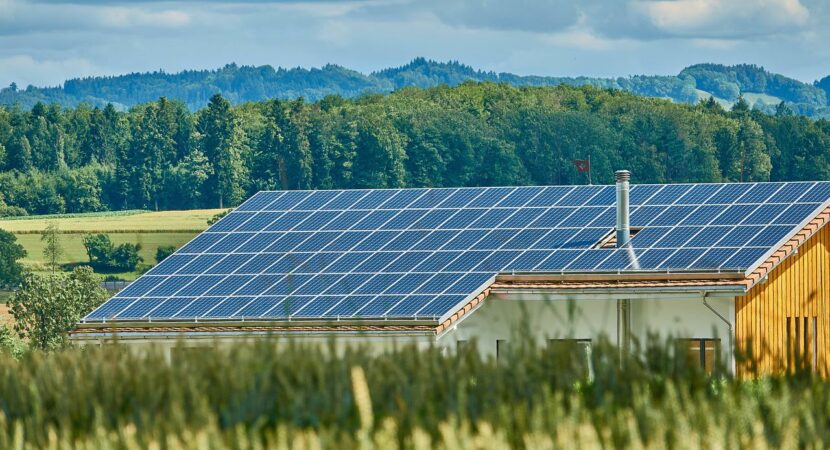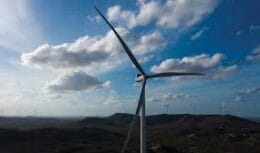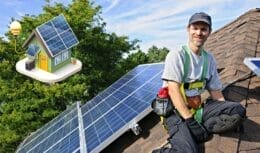
Absolar data show strong growth in the field of solar energy in Brazil and the agribusiness sector should take advantage of the production of this resource to invest in more sustainability projects in the segment over the next few years.
The growth of solar energy production in Brazil is increasingly beneficial to the national scenario, since the Brazilian Association of Photovoltaic Energy (Absolar) recently announced that the country reached 14 gigawatts of installed capacity. Among the segments that will benefit from this expansion, the agribusiness is one of the main ones, as projections indicate that the branch should invest in sustainability with the adoption of solar energy projects.
Renewable energy production in Brazil grows, according to data from Absolar, and agribusiness sees a favorable scenario for investment in sustainability
The search for sustainability and energy transition has been increasingly present in the Brazilian market in recent years and the year 2022 was very beneficial for this sector, since Absolar announced that Brazil reached the mark of 14 gigawatts of installed capacity, power equal to that of the Itaipu Binational Hydroelectric Power Plant and the estimate that in 2024 Brazil will have approximately 887 thousand energy systems connected to the distribution networks.
This is a production that is increasingly used on the national scene, since it is an affordable system that depends only on the installation of photovoltaic panels, made of silicon, a material that allows the transformation of sunlight into the energy consumed. Thus, Absolar points out that other benefits of the national territory in terms of the sector is the favorable geographical position, since Brazil has a strong frequency of solar irradiation throughout the year, contributing to the production of solar energy.
Absolar's projections also show that Brazil can attract R$ 140 billion in new investments to the country, achieving a reduction of R$ 150 billion in costs with thermoelectric plants, by the end of 2050. And, due to the high proximity of the solar generation systems in rural areas in Brazil, agribusiness may be one of the main sectors to invest in sustainability and energy production from this technology over the next few years, boosting the sector in the national market.
Agribusiness will be the major driver in the Brazilian solar energy market with the adoption of resource production projects for more sustainability
The adoption of sustainability in agribusiness is an increasingly recurrent debate in the current Brazilian scenario, due to the strong environmental impacts of the branch, and the investments in the production of solar energy can be the great solution for agribusiness regarding environmental criticism.
In addition, since 2012, investments in the sector have reached more than BRL 3 billion, which is responsible for more than 13% of all distributed solar power installed in Brazil, thus ensuring a strong boost for the Brazilian solar energy market. .
In this way, bodies such as Absolar project a strong future investment in solar energy production projects in agribusiness as a way to boost sustainability in the sector. During 2020 alone, the country registered 29.333 rural solar energy systems installed, and by the end of 2021, the number jumped to 61.294, which produce more than 1,2 gigawatt (GW) of power and that is the third largest sector in the national solar energy sector.
The next few years could therefore be decisive for boosting the connection between agribusiness and the solar energy sector in Brazil, with strong investments in projects to install solar systems in rural areas to take advantage of the high potential for energy production.











